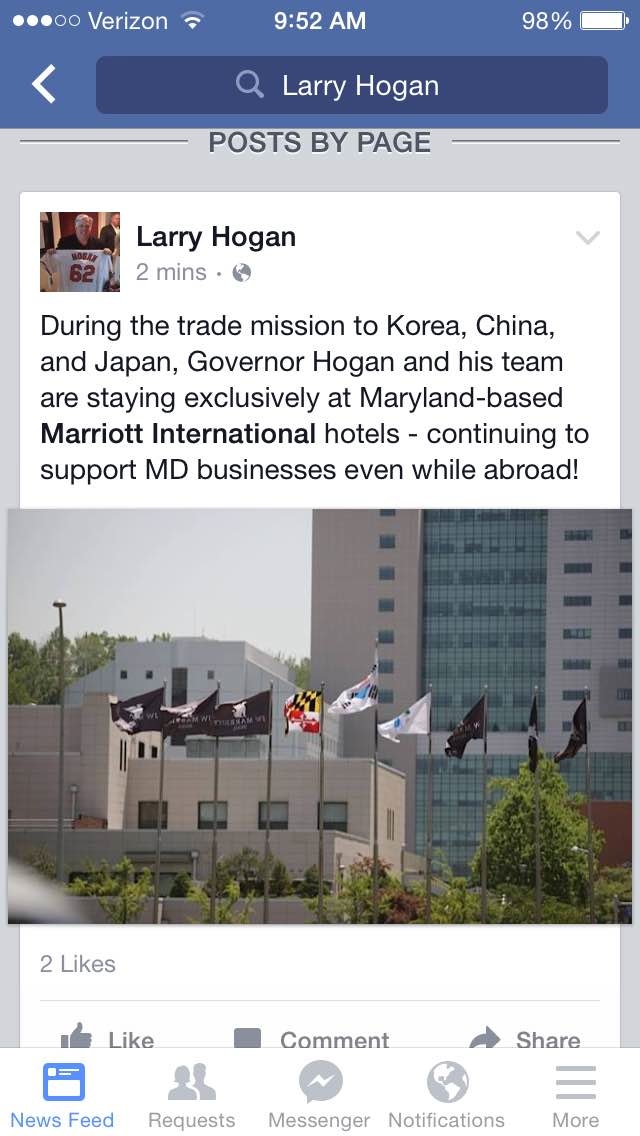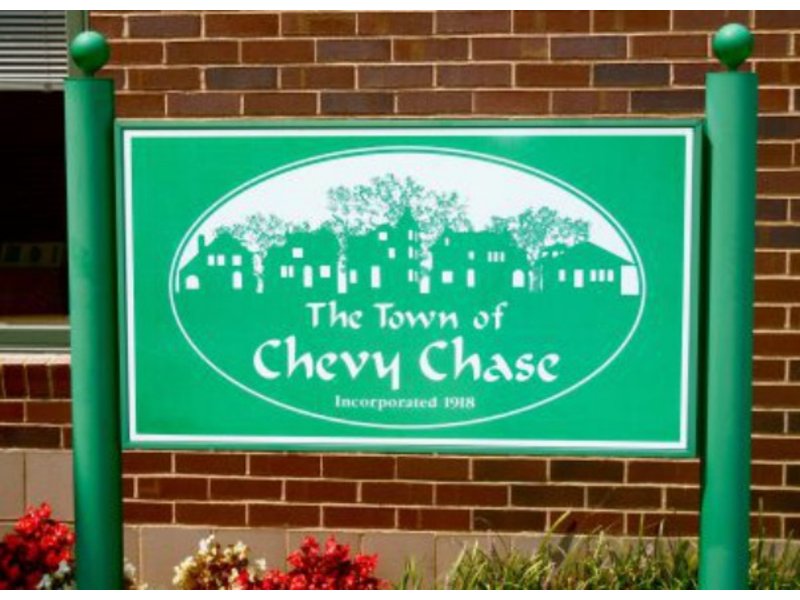At Tuesday’s Election Board meeting, Town of Chevy Chase Councilmember John Bickerman once again refused to answer public questions about his involvement in the stealth write-in campaign.
Some might consider it odd that he is unwilling to discuss his role publicly since he has proclaimed his commitment to transparency and defended the campaign vociferously. If it was an ethical legitimate campaign, why not be more forthcoming and own his actions?
Why Did Bickerman Not Alert the Public?
Now, more questions are being raised about whether Bickerman, along with new Mayor Al Lang, failed in their responsibilities to the Town because they did not notify residents of the inaccuracy of official Town election communications proclaiming that the election was uncontested.
Town Resident Ben Delancy wrote the following:
There was some confusion at Tuesday night’s meeting about responsibility for the Town Forecast election edition. In particular, as I understood him, Mr. Bickerman disclaimed any responsibility for the statement that the election was “uncontested,” stating that the Town Council is not involved in those communications.
The Town Code is very clear and provides otherwise. Section 8-4(a) of the Town Municipal Code requires the Election Board to send Town voters:
a notice of the election containing the name and a short biographical sketch of each candidate.
Code Section 8-2(b) describes the Council’s responsibilities as follows:
The election board shall work with and under the guidance of the town council, submitting for its prior approval the form of printed ballot it intends to use and the form and text of all notices or other communications it intends to forward to the citizens.
Mr. Bickerman’s statements, as I understood them, that the Council does not have any role in the election communications are clearly inconsistent with our municipal code.
It is also clear that the official Town communication about an uncontested election became incorrect several days before the election and that at least one member of the Council – Mr. Bickerman – was aware that it was incorrect. Rather than correct the misleading statement, as far as I know Mr. Bickerman apparently chose to remain silent. It is fair to ask whether silence was consistent with Maryland law.
At the meeting, I said that Maryland law imposes a duty on town governments to correct misleading statements relating to voting issues. According to the Maryland Court of Appeals, when a municipality is required to provide information about a matter subject to a popular vote, that information must not be misleading. In Blackwell v. City of Seat Pleasant, 93 Md. App 393, 617 A.2nd 1110 (Md. App. 1993), the court invalidated a town resolution because information published by the town misled voters into believing that there was no point in seeking to exercise their right to vote. It is entirely appropriate to ask whether our recent election could be invalidated on the same basis.
Finally, Mr. Bickerman also disagreed that the Town (or, in this case Mr. Bickerman himself, since he appears to be the Town official who was first aware of the issue) had any obligation to notify Town voters once it became obvious that the published information was incorrect. According to Article 6 of the Maryland Declaration of Rights, Mr. Bickerman, as a Town council member with legislative and executive powers regarding the Town, is a Trustee of the Public, and, as such is accountable for his conduct.
I sincerely hope that Mr. Bickerman is not suggesting that it is appropriate for a Town council member, either affirmatively or by omission, to mislead Town voters to whom they owe a duty of trust.
According to a report on Twitter, former Town and County Councilmember Scott Fosler also spoke at Tuesday’s Election Board meeting, and stated that he believed that councilmembers were responsible for correcting the public record.
Did Bickerman Have a Fiduciary Duty?
Black’s Law Dictionary gives a definition of fiduciary:
(as a noun) a person holding the character of a trustee, or a character analogous to that of a trustee,in respect to the trust and confidence involved in it and the scrupulous good faith and candor which it requires. Thus, a person Is a fiduciary who is invested with rights and powers to be exercised for the benefit of another person. Svanoe v. Jurgens, 144 111.507, 33 N. E. 955; Stoll v. King, 8 How. Prac. (N. Y.) 299.As an adjective it means of the nature of a trust; having the characteristics of a trust; analogous to a trust; relating to or founded upon a trust or confidence.
U.S. Legal defines lie by omission as:
an intentional failure to tell the truth in a situation requiring disclosure. An example could be a seller’s failure to note a known defect on a real estate disclosure form.
Bickerman is an attorney and a professional mediator who heads the two-person Bickerman Dispute Resolution firm and teaches dispute resolution at Cornell. Al Lang is the CEO of Coteva, Inc.
Squelching the Election Board?
Apparently, Bickerman also does not believe that the Election Board should make recommendations to the Council in the wake of the election. At the meeting, a report on Twitter (and the Town’s unofficial listserv) said that Bickerman “does not think that what the Election Board and Ethics Commission is doing is proper.”
Confusing to this reader as one moment he appears to say that elections should be up to the Election Board and that the Council should not be involved at all, and the next that the Election Board should not even make recommendations Even stranger as the Council requested directly that the Election Board make recommendations at its May 13 meeting.
After past elections, the Election Board has routinely made a report and recommendations to the Town Council.
Glib, yes. Consistent, not so much.





